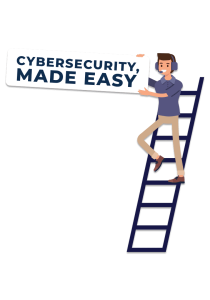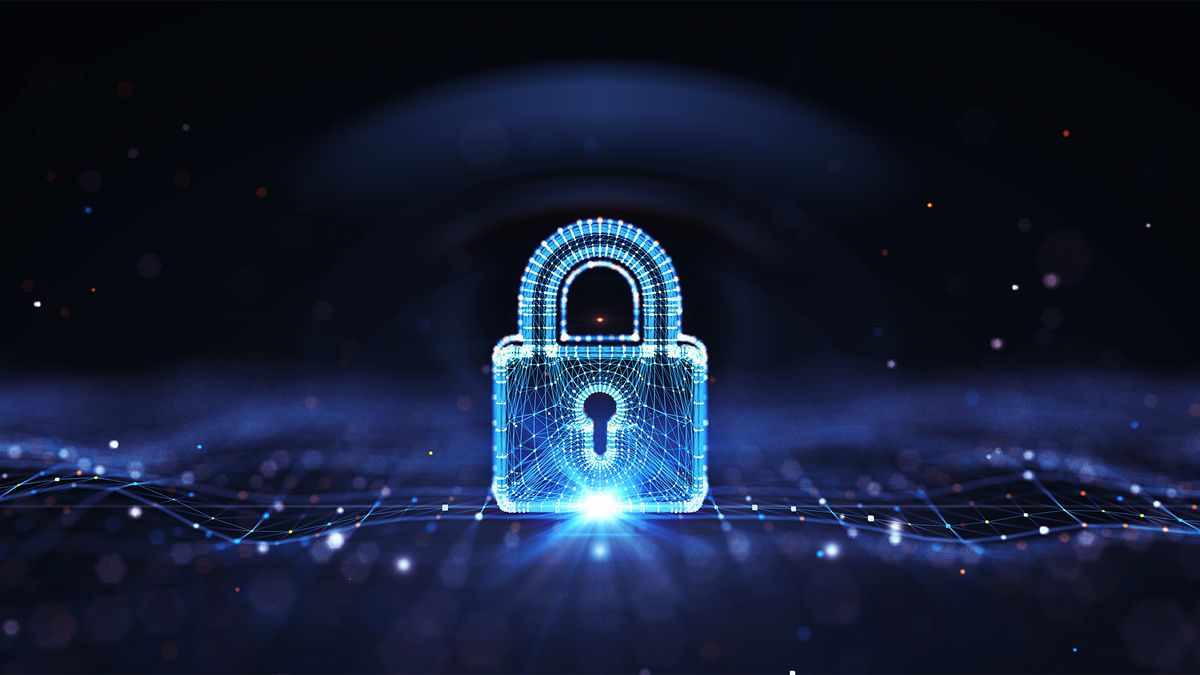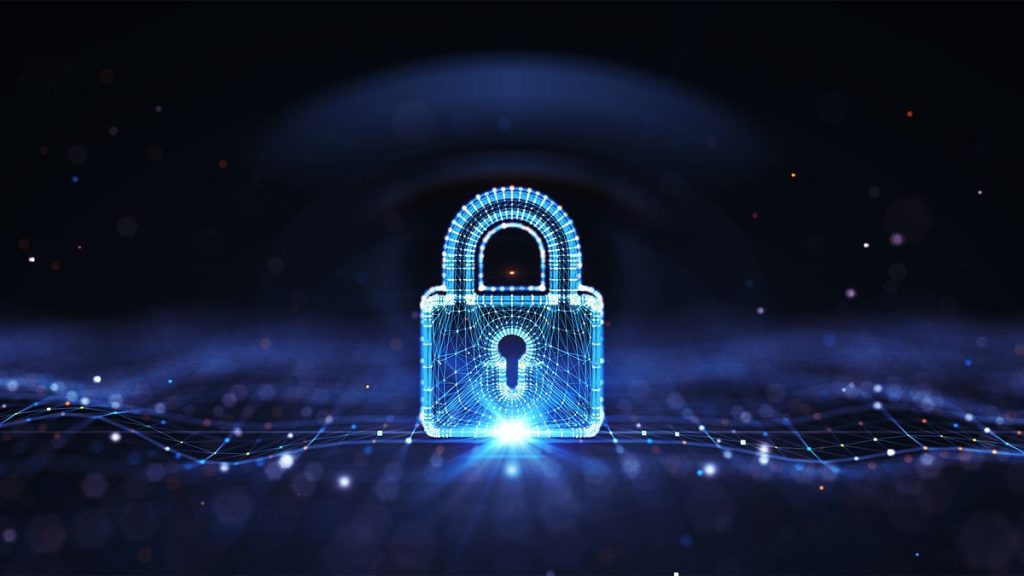The internet is an amazing place, connecting us with friends, family, and endless information. But it’s also a place where digital dangers lurk. Cybersecurity might sound intimidating, like something only tech experts need to worry about. But the truth is, everyone – yes, you included! – needs a basic understanding of online safety. Think of it like locking your front door – it’s a simple step that makes a big difference. This beginner’s guide will break down cybersecurity 101 in a way anyone can understand, so you can navigate the online world with confidence.
Why Should You Care About Cybersecurity?
the big question
You might think, “I’m not a big target, I don’t have anything valuable online.” Think again. Cybercriminals aren’t just after big corporations. They target individuals for everything from small scams to identity theft. Your photos, emails, social media accounts, even your online shopping habits – it’s all valuable data that can be exploited. Protecting yourself isn’t about being paranoid; it’s about being smart.

- Phishing: Tricky emails or messages pretending to be from legitimate companies (like your bank) to steal your login details or personal information. Think of it as “fishing” for your information.
- Malware: Nasty software designed to damage your computer or steal your data. This can include viruses, spyware, and ransomware.
- Password: Your secret key to accessing online accounts. A strong password is like a strong lock on your door.
- Firewall: A security system that acts as a barrier between your computer and the internet, blocking unauthorized access.
- Two-Factor Authentication (2FA): An extra layer of security, like a double lock. Even if someone has your password, they’ll need a second code (usually sent to your phone) to log in.
Simple Steps to Boost Your Online Security: Now, let’s get practical. Here are some easy-to-implement tips to stay safe online:Create Strong Passwords: Think long, unique passwords for each of your accounts. A good password is a mix of uppercase and lowercase letters, numbers, and symbols. Don’t reuse the same password everywhere! Consider using a password manager to help you keep track of them all.
Be Wary of Suspicious Emails and Links: Don’t click on links in emails or messages from unknown senders. Be especially cautious of emails asking for personal information or login details. If you’re unsure about an email’s legitimacy, go directly to the company’s website (by typing it into your browser) instead of clicking the link.
Keep Your Software Updated: Software updates often include security patches that fix vulnerabilities. Enable automatic updates on your computer, phone, and apps to ensure you’re always running the latest, most secure versions.
Use Antivirus Software: Antivirus software is like a security guard for your computer, scanning for and removing malware. Make sure you have a reputable antivirus program installed and keep it updated.
Be Careful What You Share Online: Think before you post! Avoid sharing sensitive information like your address, phone number, or financial details on social media or public forums.
Use Public Wi-Fi with Caution: Public Wi-Fi hotspots are often unsecured, making it easier for hackers to intercept your data. Avoid doing sensitive activities like online banking or shopping on public Wi-Fi. If you must, consider using a Virtual Private Network (VPN) to encrypt your connection.
Enable Two-Factor Authentication (2FA) Whenever Possible: This adds an extra layer of security to your accounts, making it much harder for hackers to gain access, even if they have your password.
Back Up Your Data Regularly: In case of a malware attack or data loss, having backups will ensure you can recover your important files. You can back up your data to an external hard drive or use a cloud storage service.
Cybersecurity is an Ongoing Process: The online world is constantly evolving, and so are cyber threats. Staying safe online is an ongoing process. Keep learning about new threats and best practices, and be vigilant about protecting your personal information.You’ve got this! Cybersecurity doesn’t have to be complicated. By following these simple tips, you can significantly improve your online security and protect yourself from digital dangers. Remember, a little bit of knowledge goes a long way in keeping you safe online.


